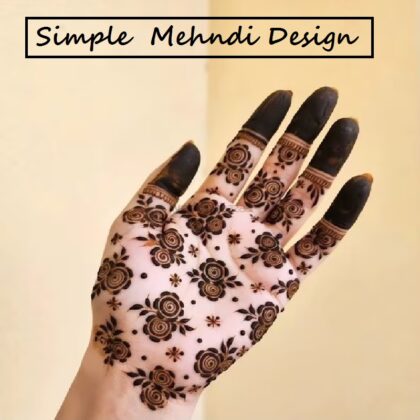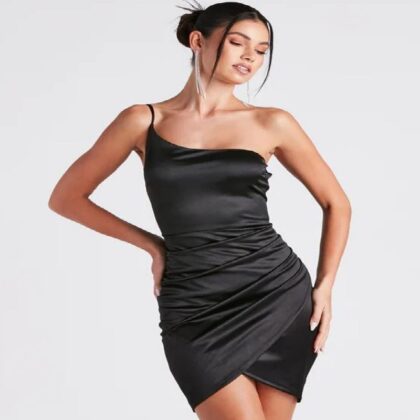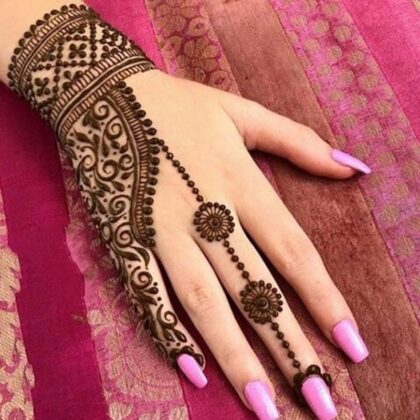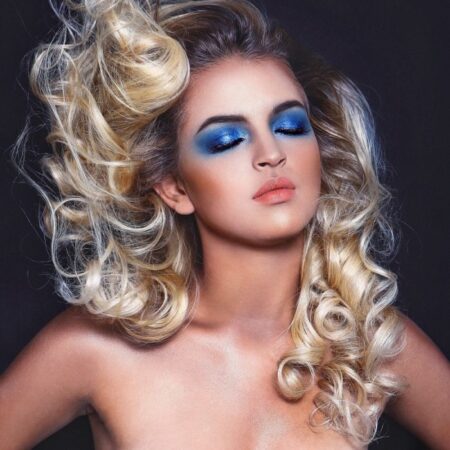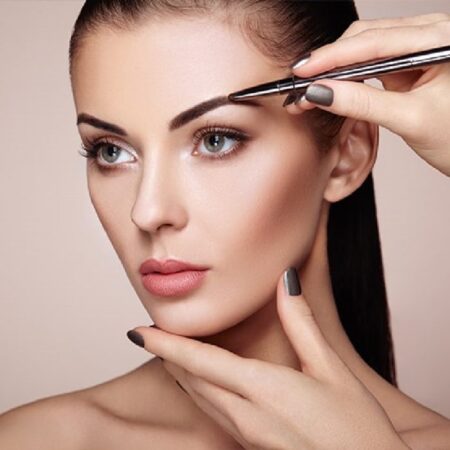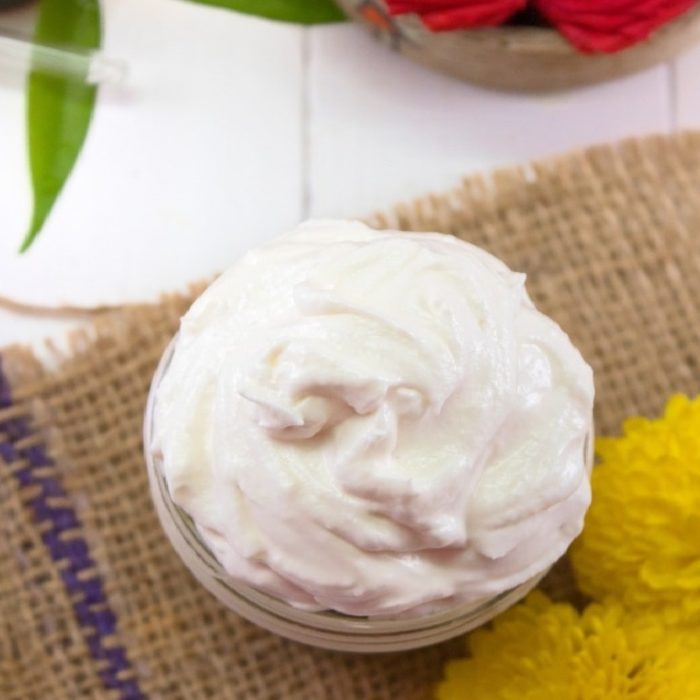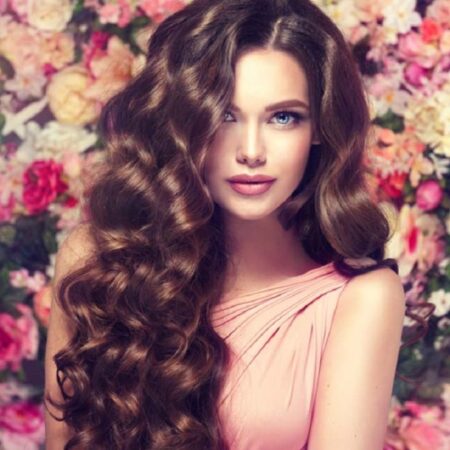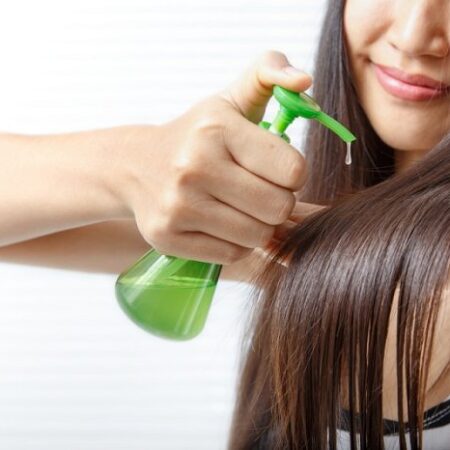
Imagine yourself in a store trying to buy shampoo. Are you overwhelmed with the number of options out there? How DO you choose the right shampoo for your hair? Remember that using the wrong shampoo can make your hair look dull and lifeless. Using a suitable shampoo for your hair type is essential to get rid of many hair concerns. If you want to give some life to your locks, you need to understand the formulas and choose the one that will work for your hair type. In this article, we have discussed shampoos that are suitable for different scalp and hair types and what you should consider while buying a shampoo. Take a look!
Get to Know Your Scalp
It is essential to know what type of scalp you have before choosing a shampoo. Not all shampoos are suitable for your scalp type. Shampoos are cleaning agents that can remove excess oils, dirt, and product build-up from your scalp and hair. If you have a healthy scalp, it will be easy to maintain your hair. But if it is itchy or dry and oily, selecting a suitable shampoo for your hair is absolutely essential. Otherwise, it will be difficult to maintain your locks. So, knowing your scalp is the first step in choosing the best shampoo for your hair.
I. Shampoo Options For Oily Scalp
Are you tired of washing your hair daily to control the excess oil production on your scalp? Simply allowing some gap between washes may not give you the results you are looking for. Here is what you should look for in a shampoo for your oily scalp problem:
- Always look for product labels that mention words like ‘volumizing’, ‘strengthening’, or ‘balancing.’ These types of shampoos will not add any moisture to your scalp and are more effective at removing extra sebum or oil from your scalp.
- You should avoid shampoos that have highly moisturizing, smoothening, and hydrating formulas. Generally, these products tend to add more moisture to your scalp.
- Washing your hair twice with two different shampoos can also solve your oily scalp problem. This double shampoo method targets the different needs of your hair, like removing excess oil from the scalp and cleansing your hair.
- Adding a clarifying shampoo to your hair care routine can treat your oily scalp. Clarifying shampoos helps in removing product build-up from your scalp. But, you also need to remember that excess use of this type of shampoo can dry out the scalp and worsen your scalp condition.
- After shampooing, try to avoid applying conditioner on your scalp. Apply it only from the middle of the shaft to the ends of your hair. Also, practice good hair rinsing methods to get an oil-free and clean scalp.
II. Shampoo Options For Dry Scalp
If you have a dry scalp, you may experience uncontrollable itching, which can be an indicator of dandruff, flakes, and hair fall. Harsh chemical hair care products and climatic conditions can make your scalp dry. Furthermore, if you don’t maintain proper hygiene while washing your hair, you increase the risk of scalp dryness.
- If your scalp is dry, you should look for a shampoo with moisturizing properties. Shampoos that are labeled as smoothening, hydrating, and moisturizing will help in adding essential moisture to your dry scalp.
- You should avoid fortifying or volumizing shampoos and hair care products that contain sulfates. They can strip moisture from your scalp and make it dry.
- Always look for products with ingredients like aloe vera, egg protein, shea butter, soy milk, and glycerin. These ingredients can provide essential moisture to your dry scalp (1), (2).
Along with knowing your scalp type, it is important to know your hair type before choosing the right shampoo for your hair. Find out more in the following section.
Get To Know Your Hair Type
If you think that your mane is not cooperative most of the time, a wrong hair care regimen may be one of the reasons. Harsh chemicals in many hair care products can damage your locks and make them dull and lifeless. Also, remember that everyone has a different hair type and texture, and not every shampoo is suitable for your hair type. Let’s have a look at what shampoos should be picked for different hair types:
1. Dry Hair
If you have dry hair, your main focus should be on giving your hair moisture. Dry hair is hard to manage. It is also a sign of hair damage. It can become brittle and prone to breakage. It does not absorb moisture to maintain its texture. Dry and coarse hair gets easily tangled and requires gentle and nourishing shampoos at every step of hair care.
Always remember that you should choose moisturizing and creamy shampoos for dry hair. This hair type is prone to frizziness, and opting for shampoos with moisturizing ingredients helps condition the hair and reduce frizz. Dry hair shampoos work best when they are followed up with a conditioner. A nourishing conditioner with hair smoothening properties helps lock in the moisture after washing it and controls frizz.
Note: Shampoos that contain sulfates can strip away natural oils from the hair and make it drier. Hence, people with dry hair must avoid using shampoos loaded with sulfates.
2. Oily Hair
Excess sebum can make your hair oily and dirty. Oily hair needs to be washed very often to give it a nice shine and reduce its greasiness. If your shampoo is too harsh, you are bound to lose hair. As there is already excessive oil production on the scalp when you have oily hair, you should avoid hydrating, moisturizing, and creamy formulas that can add more moisture and grease to the scalp. You should look for balancing and strengthening formulas in shampoos.
Furthermore, look for shampoos with ingredients like sulfates that can remove oils and dirt and salicylic acid that can break down the excess sebum content.
3. Color-Treated Hair
Colored hair needs special care as it is subjected to chemical treatments. Not all regular shampoos work well on colored hair. So, stay on the safe side and go for shampoos specially manufactured for colored hair! Colored hair needs extra hydration, and you should choose a shampoo that is specially formulated for it. Colored hair should only be washed every few days. Otherwise, it can fade quickly. Also, color-safe shampoos are gentler than other shampoos.
Always look for shampoos with sulfate-free formulas for your color-treated hair. Sulfates can fade your hair color faster. Color-safe shampoos have a lower pH level, so they cannot open the hair cuticle readily. Some shampoos for color-treated have SPF in them which helps in protecting the hair from sun exposure and color fading. Also, look for shampoos with ingredients like amino acids and soy extracts that help in preserving the hair color.
4. Fine Hair
Fine hair has a naturally silky texture and requires less drying time. But, it has less volume to style and more tendency to become oily. If you have fine hair, you should avoid using creamy shampoos and start using volumizing and non-creamy shampoos.
Volumizing shampoos are the lightest, can build a body in your hair, and lift the hair cuticles. They contain ingredients like hydrolyzed wheat protein that helps in increasing the diameter of the hair shaft, which, in turn, makes your hair bulky. Furthermore, choose shampoos that are free from silicones as they can weigh down you’re fine hair strands.
5. Curly Hair
If you have naturally curly hair or a perm, you cannot treat your hair the same way as everyone else! So, make sure you pick a shampoo that is either high on protein content or is specifically made for the treatment of your hair type to ensure deep root conditioning and moisturization. Your curly hair is drier because of its texture, and it gets worse in high humidity. If your curls are frizzy, you should opt for an ultra-moisturizing shampoo that helps in reducing frizz and dryness without weighing down your hair.
Shampoos can clean your scalp and hair and also provide some shine and luster. However, you should consider certain parameters before choosing a shampoo. Let’s find out about them in the next section.
What Should You Consider While Choosing A Shampoo?
- Ingredients To Avoid
While choosing the right shampoo for your hair, you should consider its ingredients. Several ingredients in shampoos can contribute to hair loss. Some of them can be irritants and cause scalp inflammation, making your hair thin and brittle. Some ingredients to avoid in shampoo include:
- Alcohol: High alcohol percentage in shampoo can also dehydrate your hair. Alcohols are very drying and may strip away the natural oils of your hair.
- Mineral Oil And Petroleum: Ingredients such as mineral oil and petroleum, which are used as lubricants, can weigh down your hair.
- Sulfates: Sodium lauryl sulfate (SLS) and ammonium lauryl sulfate (ALS) are the two most common sulfates used in shampoos. They are strong detergents that have good cleansing and foaming properties that create a rich lather. But, their downside is that they can make your hair dull, frizzy, rough, and prone to tangling (3).
- Sodium Chloride: Sodium chloride, also known as table salt, is used as a thickener in shampoos. It can dry out your hair and scalp and cause eye irritation and an itchy scalp. High concentrations of sodium chloride can also cause hair loss (4).
- Formaldehyde: Formaldehyde is an antibiotic that helps keep your shampoo safe and shelf-stable. But, high concentrations of formaldehyde can cause contact allergy and rashes (5). It is also considered a carcinogen (6).
- Propylene Glycol: Propylene glycol acts as a humectant and helps nutrients penetrate your scalp. However, it can irritate your scalp (7).
- Artificial Fragrances And Colors: If you have sensitive skin or hair, avoid artificial fragrances and colors in your shampoos. Switch to fragrance-free shampoos to avoid scalp irritation.
- Price
This is another important parameter to consider while choosing the right shampoo. There is a never-ending battle between high-end and drugstore shampoo formulas. Many high-end formulas are free from harsh chemicals but are more expensive when compared to drugstore shampoos. At the same time, drugstore formulas are affordable but typically strip hair of its natural oils. It can be an issue for those with color-treated hair or hair that’s already dry to begin with. Shampoos with sulfate-free alternatives are available at an accessible price point.
Improper washing of your hair with shampoo can cause product build-up which can lead to itchiness and flaking. Let’s see how to remove product build-up from your hair in the following section.
How To Remove Product Build-Up
Shampoos are nothing but cleansing agents that can help remove excess oil and dirt from your hair. But, what about the build-up on your scalp due to using several hair care products? A clarifying shampoo is the best option for this issue. It deeply cleanses your hair and scalp.
Furthermore, you can use apple cider vinegar (ACV) to remove product build-up as it dissolves the dead skin cells and debris on your scalp. In this remedy, you need to rinse your hair with a mixture of equal parts ACV and water.
Conclusion
There is no denying the fact that choosing the right shampoo that is suitable for your hair type is the first step in perfecting your hair care routine. By knowing all about the different formulas, ingredients, and properties, you can easily find a suitable shampoo that will help to give you better results.

